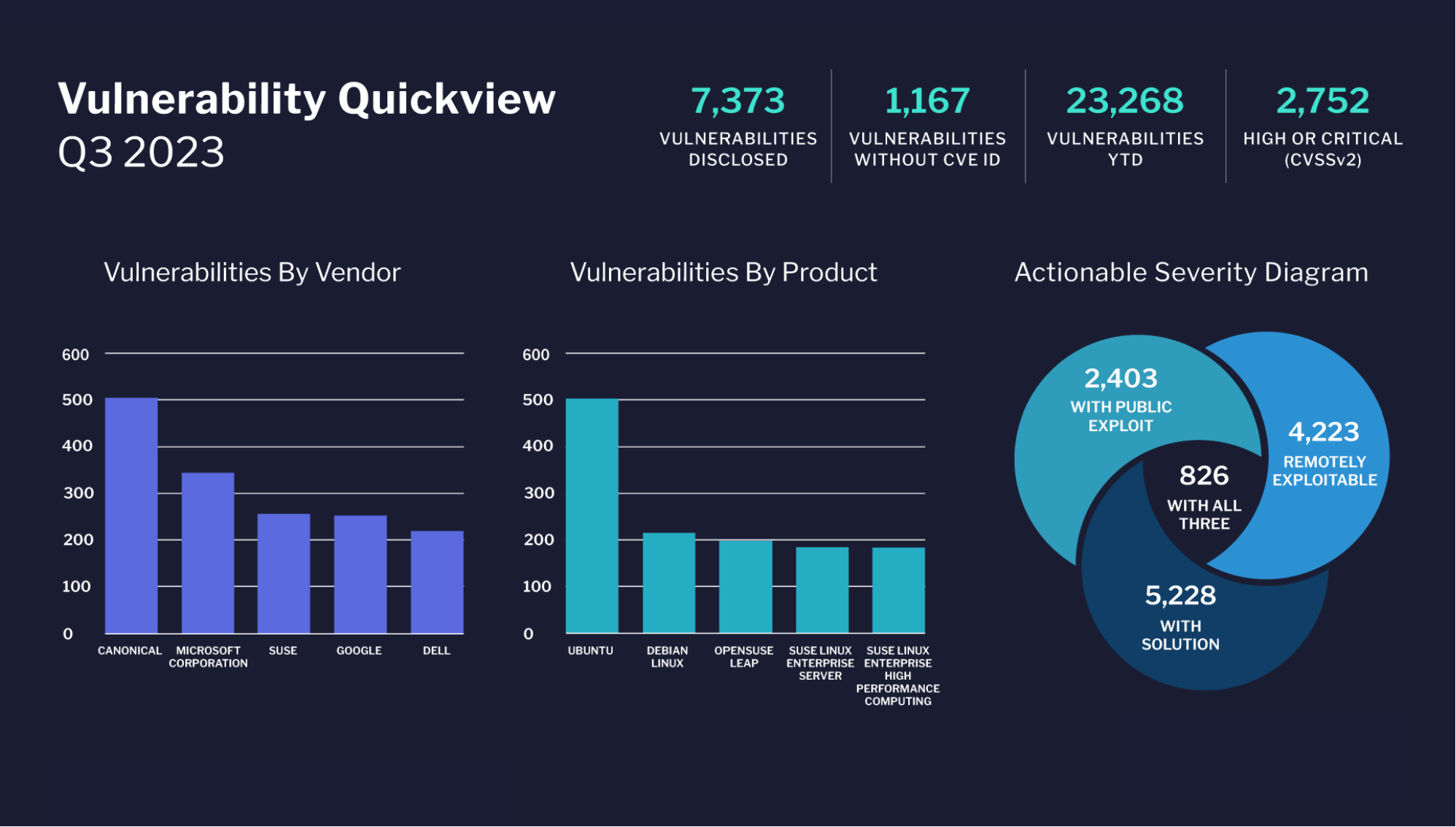Looking into the future used to be the exclusive realm of sci-fi movies and psychics, but with world’s increasing production of a vast array of data it is slowly becoming possible to accurately forecast anything from outbreaks of disease to military wars. Big data is letting us predict the future.
One of the first notable examples was that of Google’s ‘Flu Trends’. Their research showed that the search volume of certain terms was correlated with levels of flu activity around the world. Importantly, they also found that the increase in the usage of flu-related terms happened days before healthcare authorities reported an increase in cases of flu, allowing medical point of care establishments to get an advanced warning about the imminent increase in patients and giving them the chance to stock up on medical supplies, vaccines and other equipment.
More recently, the Global Database of Events, Languages, and Tones (GDELT) has been collecting information about meaningful events that have happened across the world in the past three decades. It now contains an impressive 250 million events across 300 categories.
Kalev Leetaru, a Researcher a GDELT, is enthusiastic about its benefits. “The idea of GDELT is to create a catalogue, essentially, of everything that’s going on across the planet, each day”, he explains. He thinks it could have potentially predicted the kidnapping of 200 Nigerian girls and even Russia’s recent invasion of Crimea.
He now plans to test his ideas with the recent military coup in Thailand. GDELT will analyse ninety days of activity around the time of the coup and then find similar patterns around the world over the last 35 years. Leetaru hopes it could help shed light on what will happen next in the crisis by seeing if history does repeat itself and if there are observable patterns between major events.
The best thing about GDELT is that the entire database is free for the public to use. The cloud allows anyone to work with the information by using Google BigQuery rather than having to download the data onto their own machine first. The possibilities are near-endless.
Of course, data predictions are not perfect and usage of them is not without risk. In March this year research at Harvard University found that Google’s Flu Trends system had overestimated the number of influenza cases in the US for 100 of the past 108 weeks – and in February 2013 it forecast twice as many cases as actually occurred.
Wrong data can have a significant impact on those who rely on it. Whereas when the data is accurate it allows doctors to ensure stocks of medication are sufficient, an overestimation leads to medication passing its expiry data, supplies being left unused, and unnecessary equipment being ordered. This all has a cost to either the taxpayer or insurance costs, depending on the country in question. Most countries’ healthcare systems cannot afford such large scale waste, and the end outcome is that industries might become less willing to trust or use these data-based predictions.
What do you think? Can big data really predict the future? Is GDELT on to something or are they trying to fight a battle that can’t be won? Let us know in the comments.
By Daniel Price





